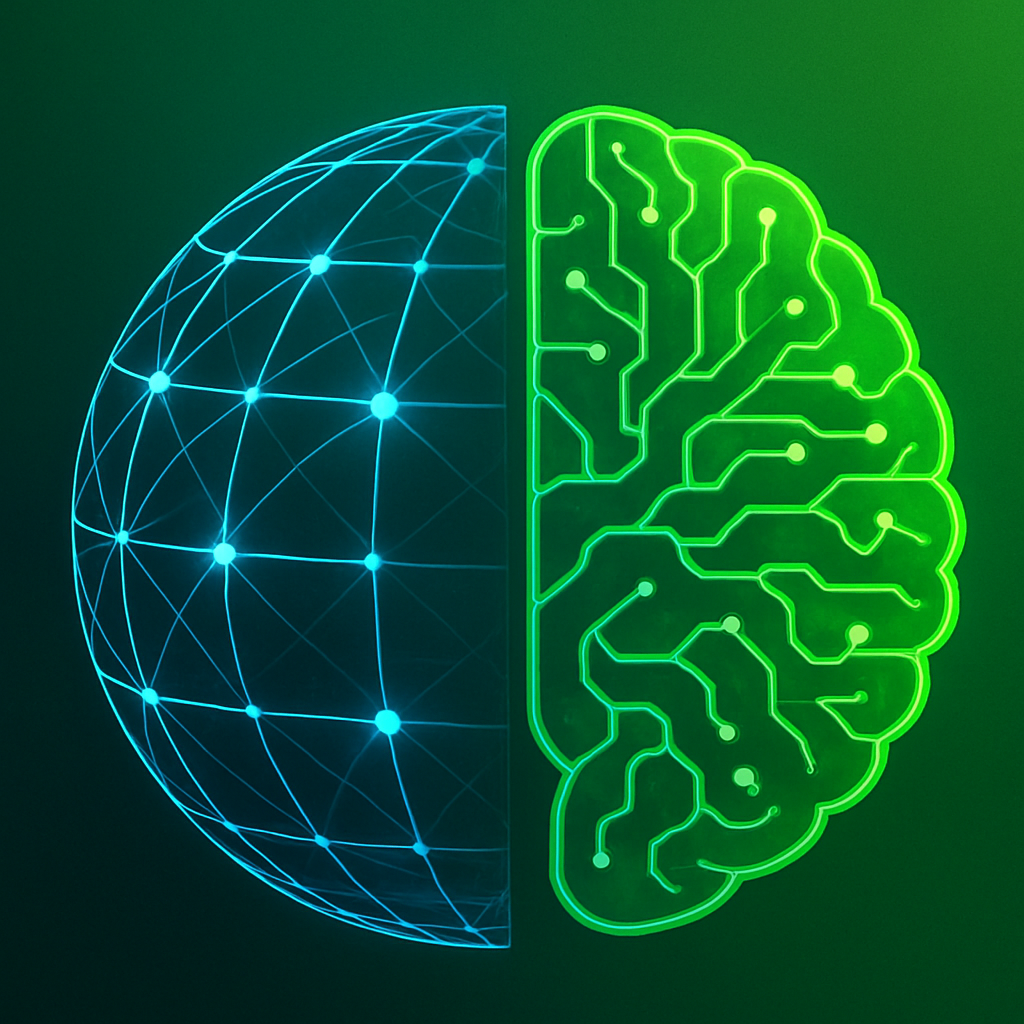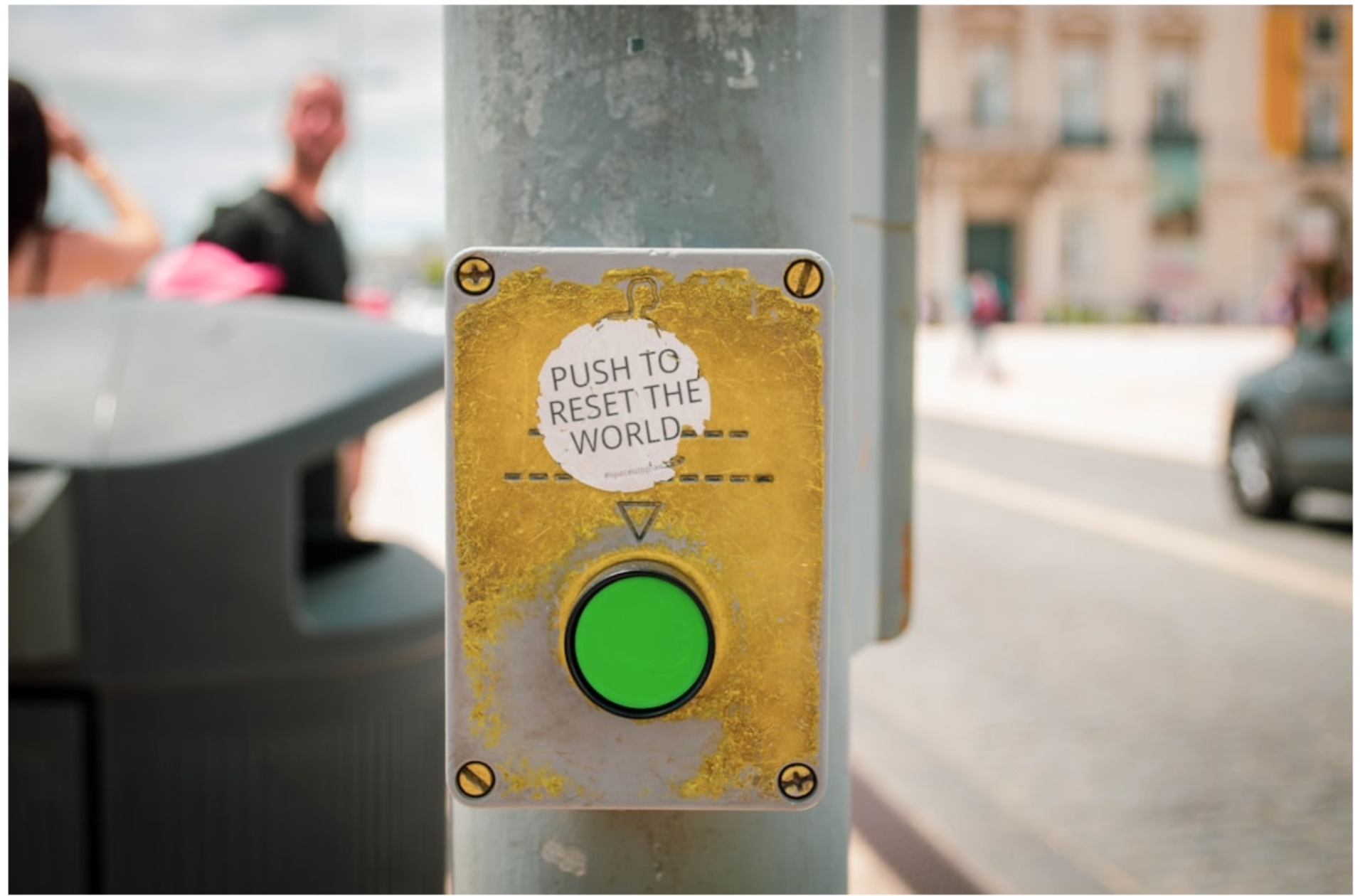Keeping the Human Mind
Sharp When
AI Can Do It All
Artificial intelligence has learned to write, draw, translate, compose music, and even tell jokes. But at the same time, it’s quietly changing something deeper — the way we think. ChatGPT prompts and idea generators make our work easier, yet with every task we outsource, we’re also delegating a little more of our thinking.
Today, the question is no longer whether AI will replace humans, but whether humans can stay thinking beings when algorithms do everything faster, more precisely, and with “profound meaning.”ChatGPT prompts and idea generators make our work easier, yet with every task we outsource, we’re also delegating a little more of our thinking.
What Research Says: The Cognitive Effects of AI
Scientists are beginning to document real changes in the cognitive processes of people who use AI regularly.
A UK study involving 666 participants showed that the more frequently someone uses AI, the weaker their critical thinking becomes. Overreliance on algorithmic suggestions reduces attention span and analytical depth.
MIT Media Lab confirmed this neurologically: people who wrote texts with ChatGPT showed lower brain activity, especially in areas responsible for creativity and memory. Even more striking — 80% of them couldn’t reproduce their own essays without AI’s help.
This doesn’t mean technology is harmful; it means our brains start to relax — like a muscle that stops being trained.Even more striking — 80% of them couldn’t reproduce their own essays without AI’s help.
AI and Creativity: Partner or Threat
Experiments at MIT and Stanford found that while AI is great at generating drafts, it also tends to “average out” human thinking.
Essays created with ChatGPT didn’t just sound similar — they were nearly identical. Participants from different countries used the same metaphors, examples, and cultural symbols.
Psychologists call this the cultural smoothing effect: machines learn from massive datasets and produce the most probable, i.e. the most typical outcomes.
So if we rely on AI without adding our own perspective, we risk losing both individuality and boldness of thought.
This is also a challenge for business. A Harvard study found that teams working with AI complete more tasks — but lose intrinsic motivation and get bored faster when the assistant isn’t there.
AI removes the routine, but it also smooths out human initiative.
How to Keep Your Brain Sharp Beside AI
Here are a few principles to help you stay the “sharp angle” in an automated world:
Start with a task, not a hope.
Don’t just ask AI to “come up with something.” Define clearly what you want to achieve.Always make your own draft.
Even messy notes kickstart thinking. Don’t delegate the process entirely.Give yourself five minutes to think first.
This short pause activates your brain and helps form context before you turn to AI.Don’t take AI’s praise too seriously.
Algorithms don’t judge depth — they reinforce patterns. Ask for critique, not compliments.Use AI as a partner, not a performer.
Ask it to brainstorm directions or create a mind map, but keep the final word for yourself.Have AI-free days.
Once a week, work as if ChatGPT doesn’t exist. It’s an excellent way to discipline attention and strengthen creativity.
AI doesn’t destroy thinking — it simply reveals how easily we’re willing to give it away.
Remember: the human brain is still the most powerful processor — but only when it’s switched on.
More Articles

How SEO Is Changing in the Age of AI
21-10-2025
AI is transforming search. Learn how SEO evolves into AEO and GEO — where visibility means being cited in AI answers, not just ranked in results.

Keeping the Human Mind Sharp When AI Can Do It All
16-10-2025
AI makes work easier, but thinking harder. Learn how to stay creative, critical, and human in the age of intelligent machines.

AI Workslop: Why Businesses Pay Freelancers to Fix AI
07-10-2025
AI speeds up work but often creates “workslop” - results that look complete yet lack value. Freelancers are the ones turning them into quality.

Disney Creative Strategy: How Ideas Become Reality
03-10-2025
Disney Creative Strategy: dream, plan, critique — a tool to guide ideas from imagination to real-world results.

Upwork Boost: Increasing Freelancer Profile Visibility
29-09-2025
Discover how Upwork’s Available Now badge and Profile Boost work, their costs, pros and cons, and which boost is best for freelancers or agencies.

10 Posts to Help You Get Started on Upwork
29-09-2025
We’ve gathered a set of articles to guide you through the essentials — from setting up your profile to building long-term client relationships.

Etcetera summer 2025 report
26-09-2025
Etcetera summer 2025 results: quiet season, new team members, shifting Upwork rules, and plans for an active autumn.

Upwork Feedback: a trust tool you should learn to read and write
22-09-2025
Upwork feedback is more than stars — it builds trust, shapes reputation, and guides choices. Learn how to read, request, and write reviews effectively

7 Hats: a thinking tool that saves time and nerves
08-09-2025
Instead of mixing emotions, facts, and criticism in chaos — this method by Edward de Bono helps separate thinking modes.

Upwork: From Simple Fees to Pay-to-Play
29-08-2025
Discover how Upwork’s fees evolved from flat 10% to a pay-to-play model with Connects, boosts, and variable 0-15% commissions in 2025.

Upwork Reset 2025: How to Refresh Your Freelance Strategy
25-08-2025
Discover 5 practical steps to reset your Upwork strategy in 2025: update skills, rethink pricing, optimize proposals, and grow with the market.

How to Build a Team That Won’t Fall Apart in a Crisis
22-08-2025
How to build a strong team that survives crises: Denys Safonov shares lessons from 11 years of leading the agency Etcetera through global challenges.
